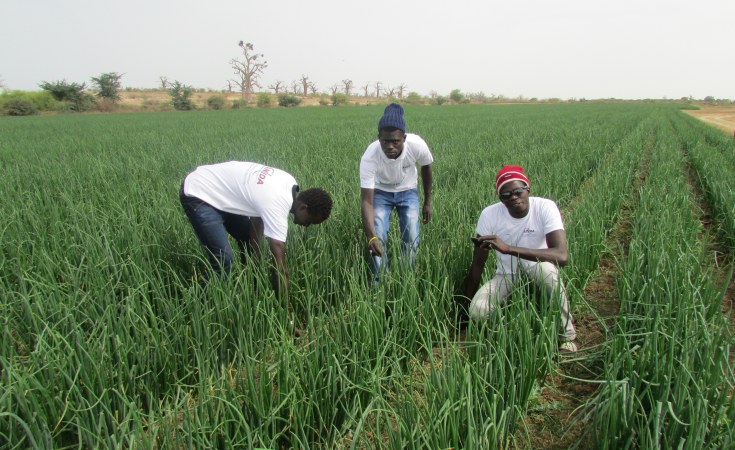New research on the effect of increasing the amount of raw cocoa processed locally in Ghana for the US $20-billion export market has highlighted the difficulty of achieving rapid industrialization in Africa.
A study paper on the impact of industrial policies on Ghana's industrialization, titled "Is More Chocolate Bad for Poverty?" shows that increasing the amount of cocoa processed locally in Ghana would eat into the farmer's earnings while increasing the profit margin of private processing firms by 56 per cent.
The local processing of cocoa produced in Ghana would also lead to a 36 per cent drop in the revenue of the state-run Ghana Cocoa Board (COCOBOD), which serves as an exclusive marketing agency.
"The price of cocoa is not good enough to encourage local processing although the government has offered tax breaks to local processing companies to increase the domestic processing to 40 per cent," said Eugenie Maiga, a researcher from the University of Koudougou, Burkina Faso.
The paper was presented at the 10th African Economic Conference (AEC), which kicked off on Monday, November 2 in Kinshasa, Democratic Republic of Congo (DRC), to discuss the fight against poverty.
Local investors are calling for a bigger discount on the retail price of cocoa in order to increase the local production. The local processing firms also have a bigger capacity to process more, but currently receive only 20 per cent discount on cocoa purchases during the low cocoa-harvesting period.
Maiga said should the government increase the discounts to the local processors, revenues received from the value chain by COCOBOD will drop by 36 per cent while the processors' profits would rise by 56 percent. At the same time, farmers will lose 22 per cent of their earnings from the supply chain.
Mouhamadou Sy, an Economist in the African Development Bank's Research Partnerships Division, said the research was useful in helping to determine the impact of policies to structurally transform the economy through value-chain reforms.
Experts discussing the paper said it showed the inefficiency of government involvement in the value-chain process of key economic sectors without determining the impact of their involvement on growth.
The issue of economic growth that leads to less impact on poverty eradication was the main point of discussion at the 10th African Economic Conference, which was organized by the AfDB, the UN Economic Commission for Africa and the United Nations Development Programme (UNDP) from November 2-4.
Commenting on the research paper, Thierry Mutombo Kalonji, Director of Investment Promotion at the Common Market for Eastern and Southern Africa (COMESA), said the study showed that linking agro-processing to industrialization in Africa still faces mounting challenges.
"The aim of the private sector is profit. We cannot ask the industry to reduce its profit levels so we can deal with poverty. But the role of the government should be to intervene in the market as a regulator and work towards income redistribution in order to have an impact on reducing poverty," Kalonji said.


